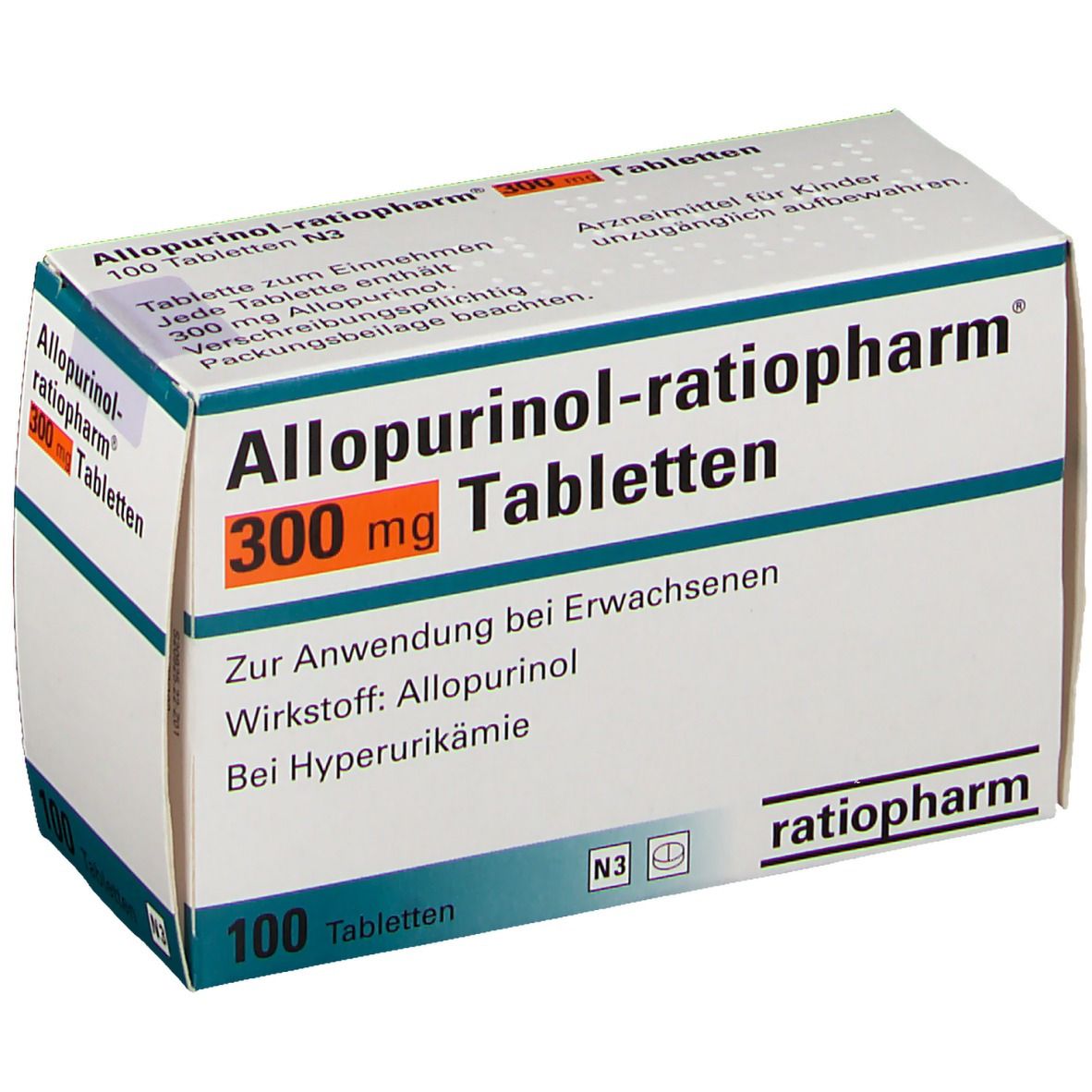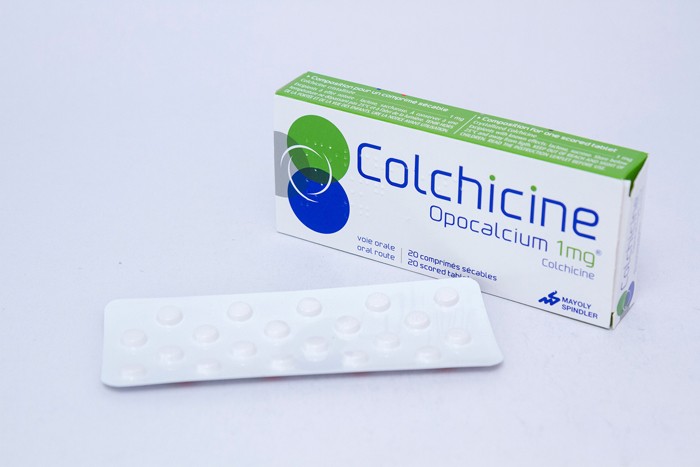Allopurinol is a widely used medication known for its role in managing conditions related to elevated uric acid levels in the body, such as gout and certain kidney disorders. In this comprehensive article, we will delve into the uses, side effects, indications, and essential usage notes regarding allopurinol.

Uses of Allopurinol
Allopurinol belongs to a class of drugs known as xanthine oxidase inhibitors. It is primarily used for the following purposes:
1. Gout Treatment and Prevention
Gout is a form of arthritis caused by the accumulation of urate crystals in the joints, leading to painful inflammation and swelling. Allopurinol works by reducing the production of uric acid in the body, effectively lowering urate levels and preventing gout attacks.
2. Hyperuricemia in Chemotherapy
Allopurinol can be prescribed in cancer treatment to prevent hyperuricemia, a condition where there is an excessive buildup of uric acid in the blood due to the rapid breakdown of cancer cells during chemotherapy.
3. Prevention of Kidney Stones
In some cases, allopurinol is used to lower uric acid levels in individuals prone to kidney stones. By reducing uric acid, the formation of certain types of kidney stones is minimized.
Indications for Allopurinol
Allopurinol is indicated for various medical conditions, but it is essential to use it under the supervision and guidance of a healthcare professional. Common indications include:
- Treatment and prevention of gout attacks.
- Management of hyperuricemia in cancer patients undergoing chemotherapy.
- Kidney stone prevention in individuals with high uric acid levels.
Side Effects and Precautions
Like any medication, allopurinol can cause side effects. Common side effects may include:
- Gastrointestinal issues, such as nausea, diarrhea, or stomach upset.
- Skin rashes, which can be a sign of an allergic reaction. These rashes should be reported to a healthcare provider promptly.
- Elevated liver enzyme levels, although this is relatively rare.
It is important to consult your healthcare provider if you experience any unusual or severe side effects while taking allopurinol.
Usage Notes for Allopurinol
- Dosage and Frequency: Allopurinol is typically taken once daily, with or without food. Your healthcare provider will determine the appropriate dosage based on your medical condition. It’s crucial to follow the prescribed dose and frequency.
- Stay Hydrated: Drinking an adequate amount of water is essential while taking allopurinol, as it can help prevent kidney stones and minimize potential side effects.
- Regular Monitoring: Healthcare providers often monitor uric acid levels to ensure that the medication is effectively reducing urate levels in the blood. Adjustments to the dosage may be necessary based on these results.
- Patient Education: Patients should be educated about the importance of adherence to the treatment plan and the potential side effects. This can help improve compliance and early detection of any adverse reactions.
- Caution with Allergic Reactions: If you experience a rash, itching, swelling, severe dizziness, or have trouble breathing, seek immediate medical attention, as these symptoms may indicate an allergic reaction to the medication.
In conclusion, allopurinol is a valuable medication in managing conditions related to elevated uric acid levels, primarily gout, and plays a significant role in preventing gout attacks and associated complications. However, it is essential to use allopurinol under the guidance of a healthcare professional, adhere to the prescribed dosage, and remain vigilant for potential side effects to ensure safe and effective treatment. If used appropriately, allopurinol can greatly improve the quality of life for those with conditions related to hyperuricemia.






